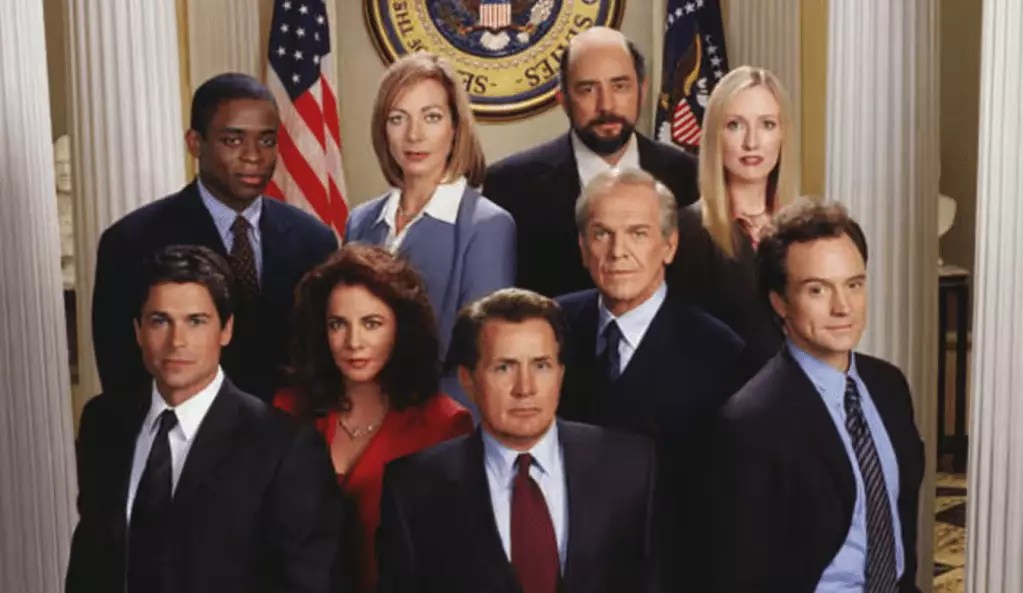Aaron Sorkin, the creator of the iconic political drama series The West Wing, recently reflected on the show’s relevance in today’s political climate. While he believes that the idealism and aspirational nature of the show would still resonate with audiences today, there is one aspect that may no longer hold true: the portrayal of reasonable Republicans on Capitol Hill. In a recent mini-cast reunion event, Sorkin expressed his doubts about the plausibility of depicting the Republican Party as reasonable in the current political landscape.
Sorkin discussed how typical depictions of politicians in popular culture often fall into two extremes: they are either portrayed as Machiavellian masterminds (as seen in shows like House of Cards) or as bumbling fools (as seen in Veep). The West Wing, on the other hand, strived to depict politicians as competent and dedicated individuals, much like the heroes in other TV dramas such as doctors, nurses, cops, and lawyers. This idealistic portrayal set the show apart and made it an aspirational viewing experience.
During the cast reunion event, several members of the ensemble shared some interesting anecdotes from their time on The West Wing. From Martin Sheen’s kindness towards background actors to Yo-Yo Ma’s infatuation with one of the cast members, the event was filled with nostalgic moments and behind-the-scenes stories. Joshua Malina, known for his mischievous antics both on and off-screen, revealed his penchant for teasing fans about a possible West Wing reboot.
Sorkin also touched on his approach to storytelling and the importance of respecting his words as the show’s creator. Despite leaving the series after 88 episodes, Sorkin emphasized the precision and language that he brought to the show. While he acknowledged the talent of writers, directors, and actors to bring their own interpretation to the script, he highlighted the unique sound and tone he aimed for in his writing.
The West Wing remains a timeless classic that continues to spark discussions and reflections on the idealism of politics in television. While the portrayal of reasonable Republicans may no longer align with the current political landscape, the show’s legacy as a beacon of optimism and dedication in public service lives on. As viewers revisit the series or discover it for the first time, they are reminded of the power of storytelling to inspire and provoke thought on the complexities of governance and leadership.


Leave a Reply